6. Airplane! (1980)
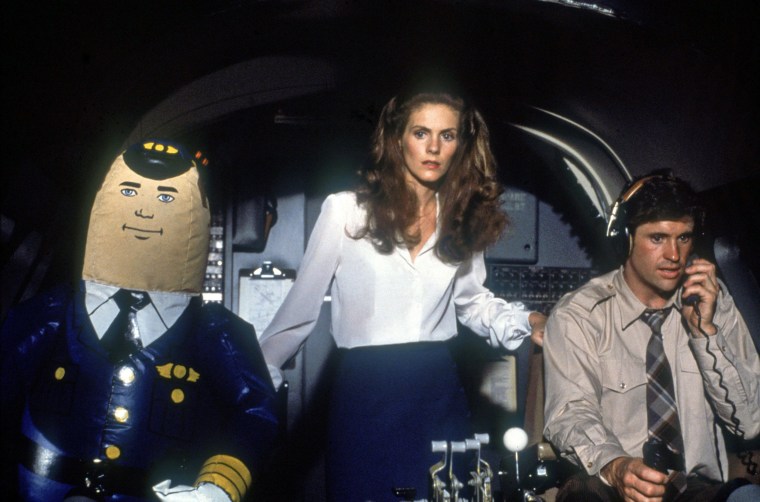
Comedy doesn’t need to constantly throw pseudo-intellectual rants or talk you into an existential frenzy to be effective. Sometimes, it can be just fine at its barest level. Allen himself has relied on absurdism and slapstick humor in many of his films — such as Bananas and Sleeper — proving he’s not exclusively self-indulgent but also a filmmaker capable of enjoying some old-fashioned spoof too.
Airplane! director David Zucker fondly recalls the time he happened to meet Woody Allen at a Knicks game. Zucker, who worshipped Allen as the poster boy for the genre, was stunned to hear that the director had nothing but praise for his movie. In fact, Allen told him that he first watched his disaster-flick at a screening with renowned film critic Pauline Kael — whereas he loved it, she absolutely loathed it. Allen took it upon himself to convince Kael not to publicly bash the movie in her review for the New Yorker before sleeping it off and possibly reassessing her thoughts.
“Allen told me every time he catches a minute of Airplane! somewhere, he gets sucked in”, Zucker proudly mentioned.
7. Duck Soup (1933)
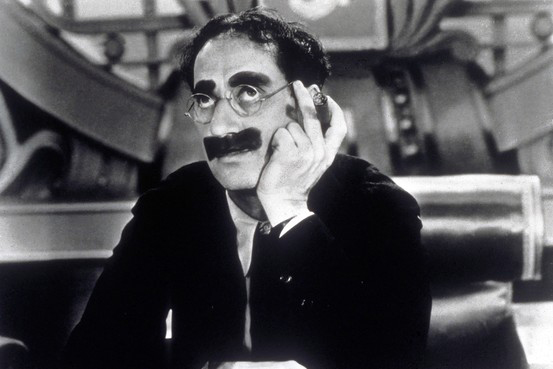
Woody Allen acolytes will remember the ending to one of his melodramas — Hannah and Her Sisters — where Allen’s character struggles with suicidal thoughts before stumbling upon a screening of this classic Marx Brothers picture, which instills in him hope and will to live. It’s hard to think of a bigger seal of approval for a movie than that.
Banned in Italy by dictator Benito Mussolini because he thought he was being personally mocked, the film tells the story of a fictional country called Freedonia where a clueless jerk gets appointed as commander in chief, leading his people to war and bankruptcy — a premise eerily similar to Allen’s ‘Bananas’ which is often referred to as its spiritual sequel. In usual Marx Brothers fashion, Duck Soup is a non-stop barrage of quick-witted puns and wordplay coming at full speed. The film, which Allen dubbed “probably the best talking comedy ever made”, takes a jab at warmongering and espionage, and still serves to this day as a relevant cautionary tale about the dangers of blind patriotism.
8. The Circus (1929)
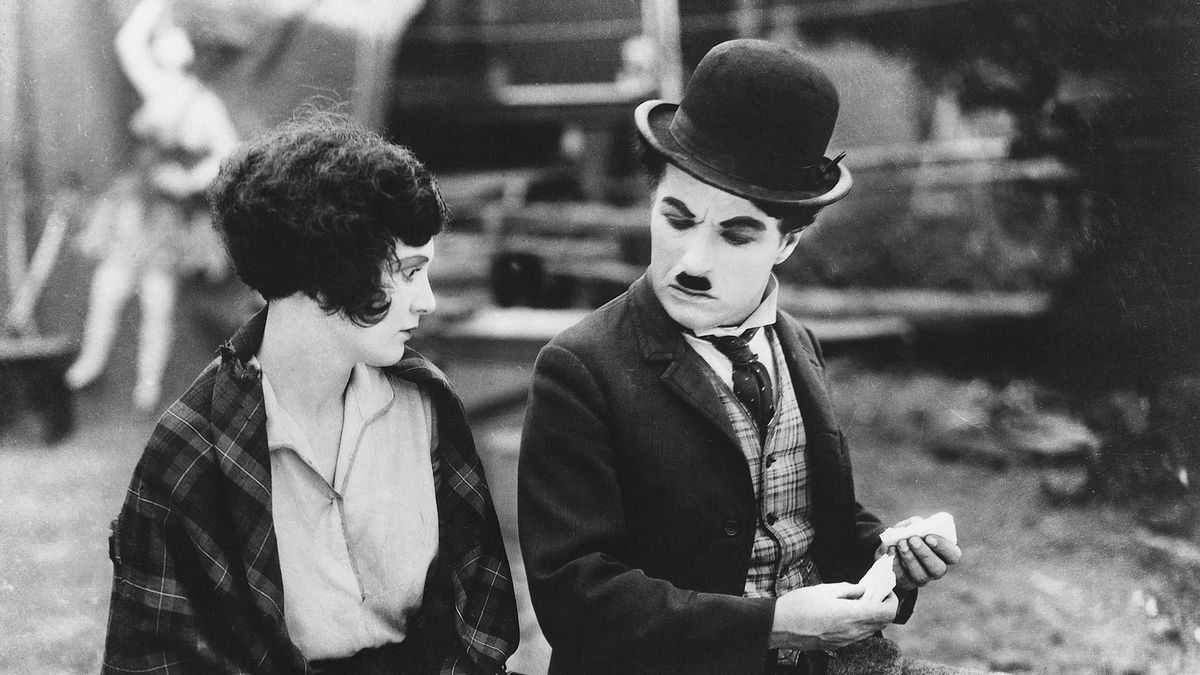
It’s hard to separate Woody Allen from his on-screen persona — one he’s continuously imbued with his own idiosyncrasies and quirks throughout the decades. If there’s one thing that ties his lengthy oeuvre together is the self-deprecating nature of his humor, where more often than not he ends up getting the short end of the stick as the butt of the joke.
In that regard, it’s hard not to draw parallels between him and Chaplin, who practically made a career out of impersonating walking punching bags. Whereas Allen slammed his characters at an intellectual level — portraying himself as an emasculated, neurotic and insecure narcissist — Chaplin punished his own at a more physical level. In this movie, he masterfully explored the exploitative nature of the circus — and entertainment as a whole — through the hardship and misfortunes of a naive but altruistic handyman.
Allen claims to be impressed by the jokes and their brilliant execution which are “uncluttered by anything that can date it”, and praises Chaplin for handling with “legendary brilliance” the serious side of the story. “His stuff is beautifully done, with social ideas and satire on the mores of the time and as fresh as can be”.
9. The Rules of the Game (1939)
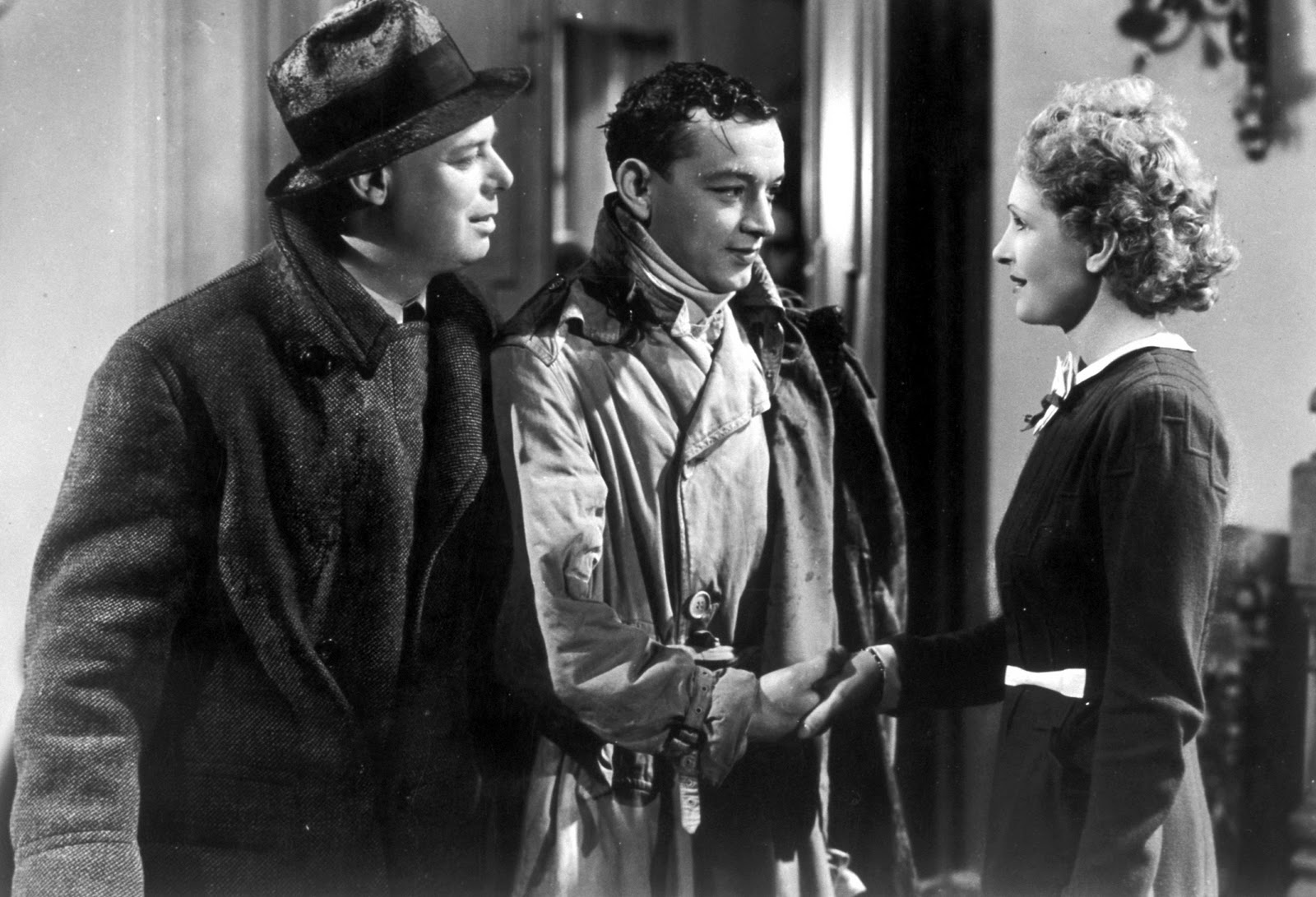
“Not everybody loves this movie, but I do. It’s a very powerful experience.”
Granted, Jean Renoir’s classic might feel rather tame eighty years removed from its original release, but even through 2021 lenses one can still appreciate it as a whimsical satire with razor-sharp commentary. Most of the movie takes place in a secluded estate where a number of guests are to attend a hunting party. Progressively, we get to learn the different love affairs and troublesome acquaintances — from husbands and lovers to wives and servants.
In a sense, one could consider The Rules of the Game as the precursor to all of Woody Allen’s farcical romcoms — a film with no shortage of infidelities, double-crosses, heartbreaks and tragedy. The whole ‘summer-house bourgeois comedy’ subgenre that Renoir kickstarted with this film spawned an array of imitators, notably one of the previous entries to this list — Bergman’s Smiles of a Summer Night — and by extension, Allen’s Midsummer Night’s Sex Comedy.
10. His Girl Friday (1940)
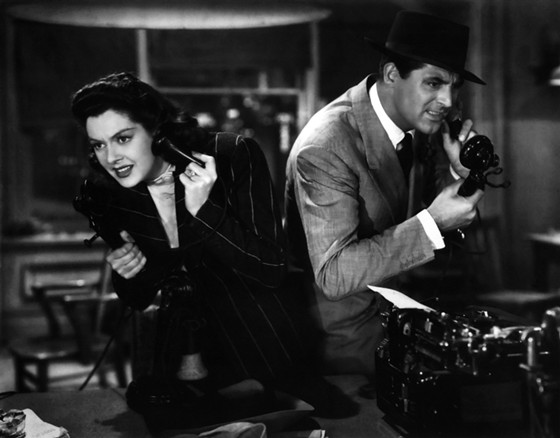
Woody Allen’s films often feel like blank canvases with the highest purpose of showcasing the auteur’s spiritual concerns and a chance at exercising his inner demons. From Annie Hall and Manhattan to Broadway Danny Rose, his dialogue style seems to lend itself to naturalistic bickering and self-conscious tirades. Allen’s lengthy canon of neurotic characters share a fair amount of traits — the chronic cynicism, the sarcastic remarks and the witty comebacks — not to mention the way he delivers his lines at breakneck speed.
Bookending this list, we have the godfather of snappy dialogue, Howard Hawks’ quintessential romcom. His Girl Friday should come with a full disclaimer — by no means should it be watched if you’re feeling dizzy or sleepy, or chances are you’ll miss half of the film’s lines. On average, the normal rate of verbal dialogue in most movies is said to be around 90 words per minute. His Girl Friday clocks in at a nauseating pace of 250 words a minute — and even that number seems to sell it short.
Any enthusiast of Allen’s tongue-twisting, overlapping screenplays will feel right at home watching Cary Grant and Rosalind Russell rapid-fire banter.